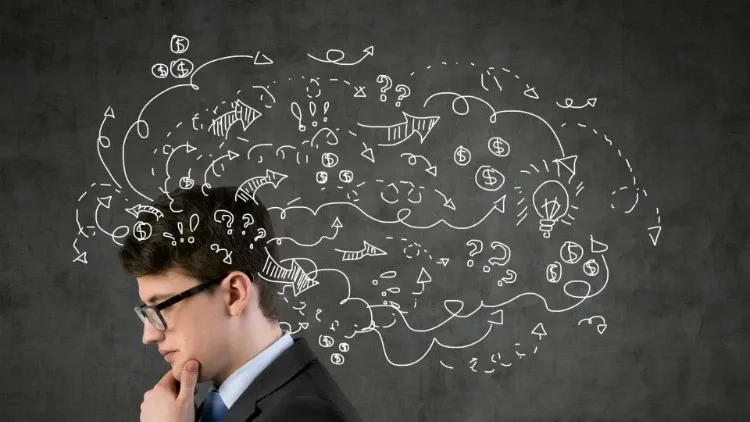



 Tech & IT
Tech & IT
 Business
Business
 Coding & Developer
Coding & Developer
 Finance & Accounting
Finance & Accounting
 Academics
Academics
 Office Applications
Office Applications
 Art & Design
Art & Design
 Marketing
Marketing
 Health & Wellness
Health & Wellness
 Sounds & Music
Sounds & Music
 Lifestyle
Lifestyle
 Photography
Photography
More Learnfly
Business Solution Become an InstructorPsychotherapy is a collaborative, therapeutic process where a trained professional helps individuals navigate emotional challenges, develop self-awareness, and implement coping strategies to improve mental health and well-being.












Learn more topics in various categories at one place. Explore unlimited courses in other categories and up-skill yourself today.

 Jazeb Akram
Jazeb Akram 4.2 771159 Beginner Level

 John Hedengren
John Hedengren 4.1 569062 All Level

 Ranjan Pandey
Ranjan Pandey 4.1 346728 All Level

 Muhammad Ahsan Pervaiz
Muhammad Ahsan Pervaiz 4.2 101337 All Level

 Pieter Vliegenthart
Pieter Vliegenthart 4.6 100916 All Level

 Jerome P.
Jerome P. 4.8 100881 All Level

 Senol Atac
Senol Atac 4.9 100091 All Level

 Vikas Munjal
Vikas Munjal 4.8 100064 Beginner Level

 Avinash A
Avinash A 4.8 100013 All Level
.png)
 Sneha Syamprasad
Sneha Syamprasad39 Lectures

 Sneha Syamprasad
Sneha Syamprasad76 Lectures

 Swati Chakraborty
Swati Chakraborty5 Lectures

 Swati Chakraborty
Swati Chakraborty41 Lectures
.jpg)
 Ahmad Sharifzadeh
Ahmad Sharifzadeh10 Lectures
.jpg)
 Kiran Beldar
Kiran Beldar39 Lectures
.jpg)
 Kiran Beldar
Kiran Beldar40 Lectures
.jpg)
 Naman kumar Gandhi
Naman kumar Gandhi 17 Lectures

 Ahmad Sharifzadeh
Ahmad Sharifzadeh21 Lectures

 Ahmad Sharifzadeh
Ahmad Sharifzadeh34 Lectures

 Mohamed Elshenawy
Mohamed Elshenawy 34 Lectures

 Gilad James, PhD
Gilad James, PhD9 Lectures

 Accounting is a piece of cake VRN
Accounting is a piece of cake VRN22 Lectures
Psychotherapy is a therapeutic approach that involves verbal communication between a trained mental health professional (therapist) and an individual or group. It aims to alleviate emotional distress, improve mental health, and foster personal growth through various therapeutic techniques.
Psychotherapy is essential for addressing a wide range of mental health concerns, including anxiety, depression, trauma, and relationship issues. It provides a safe and confidential space for individuals to explore their thoughts and feelings, develop coping strategies, and work towards positive change.
Psychotherapy tailors its approach to specific mental health disorders. For example, it may use exposure techniques for phobias, cognitive restructuring for anxiety, or explore past traumas for post-traumatic stress disorder (PTSD).
The therapeutic relationship, characterized by trust, empathy, and collaboration, is fundamental in psychotherapy. A positive therapeutic alliance enhances the effectiveness of the therapy, creating a supportive environment for the client's emotional exploration and growth.
Culturally competent psychotherapy considers the diverse backgrounds, values, and beliefs of clients. Therapists strive to understand and respect cultural differences, ensuring that the therapeutic approach is relevant and sensitive to the client's cultural context.






